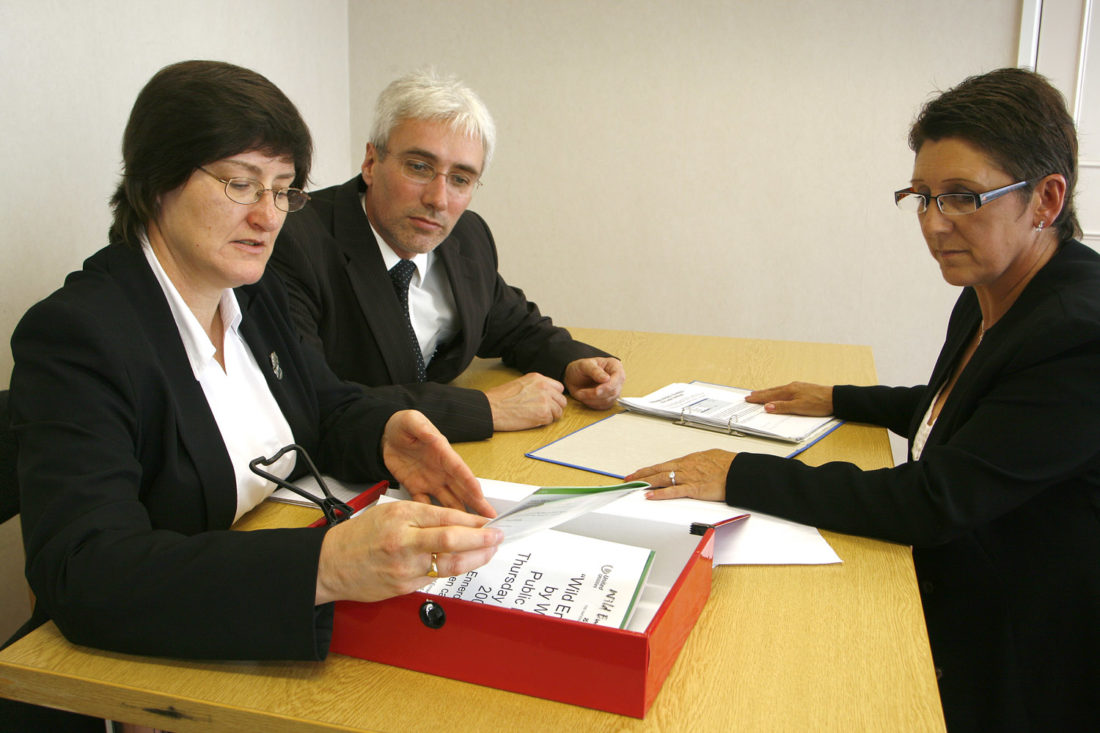When an actor starts out in their career, they have to attend a lot of auditions, wracked with nerves each time even for the smallest parts. As they get more experienced and generate more of a reputation, people come to them to ask them to appear.

It doesn’t work quite this way with interviews: the interview process never quite disappears but it does get easier as you get more senior. It’s becomes less a strenuous attempt to justify why you’re qualified for the role, and more an informal chat to make sure you’re a good fit. If you’re just starting out, reaching that point where your skillset and reputation is so established you don’t have anxiety dreams for a full week leading up to the interview feels like a distant dream, but today we’re taking a look at interview preparation so you can cut out the fear and concentrate on success, gaining those vital roles that will establish your career.
Whether you’re worried about a social work interview, or that job you applied for at a banking firm, there are certain simple principles that can help you feel confident and achieve success: there is no way to guarantee you’ll be hired but you can certainly avoid some of the major pitfalls.
Research
Your first step every time needs to be research: research the company, office or service you’re interviewing with, review and research the job advertisement, and compare all of that research to your own skills and experience.
The key to success is specificity: making sure the answers you give relate specific information about your skills, abilities and experience, and are specifically relevant to the job and company you’re applying for. So, you need to do all the research you can: find out about the focus, direction and values of the company and think about the things in your own experience you can point to that reflect them. If they’re pushing boundaries and developing new products or ideas, try to think of times you’ve dealt with change, worked on big projects or been involved in launches.
Even though you can’t predict exactly what the interview questions can be, you can use your research to make good guesses at the major areas it will touch on, and ensure you are ready to answer with compelling, relevant answers from your own experience.
Sounding Confident
In an interview situation, the pressure is on, and it’s easy to let nerves take over. This can prevent you making the best case for yourself, even if you’re perfect for the role.
Step one to appearing confident is forgiving yourself for sounding nervous: the interview panel has done this before and knows that people can find it difficult. So, remember, they won’t mind if you’re nervous, if you stutter or hesitate if you have something worth saying. It’s far easier to appreciate a candidate who’s a little nervous but has something worthwhile to say than someone breezily confident, but with no relevant experience.
Knowing that the occasional pause or stutter isn’t the end of the world is the key to preventing a negative feedback loop where every error makes you more nervous, which causes more errors until you’re completely paralysed! Forgive yourself, find your train of thought and move on, and you’ll soon be flying.



